Introduction
The UP ARO/RO Exam (Assistant Review Officer / Review Officer) is one of the most prestigious and competitive exams in Uttar Pradesh. Conducted by the UPPSC (Uttar Pradesh Public Service Commission), this exam attracts thousands of aspirants every year.
While syllabus coverage, practice, and revision are crucial, the real game-changer is having a well-structured daily study routine. Without a proper timetable, even the best resources and guidance may not lead to success.
This article will guide you step by step on how to make an effective daily study routine for UP ARO/RO Exam 2025, covering Prelims + Mains preparation, subject-wise allocation, and smart strategies to balance studies with revision and practice.
1. Why a Daily Study Routine is Important?
2. Key Components of a Daily Study Routine
3. Understanding the UP ARO/RO Syllabus
Before making a routine, know the exam structure:
(i) Prelims Exam
(ii) Mains Exam
This means your daily routine must integrate both Prelims + Mains preparation from the beginning.
4. Step-by-Step Guide to Making a Daily Study Routine
Step 1: Fix Study Hours
Step 2: Morning Session (Fresh Mind)
Step 3: Afternoon Session
Step 4: Evening Session
Step 5: Night Session (Light Study)
5. Sample Daily Timetable for UP ARO/RO
Full-time Aspirant (10–12 Hours)
Working Aspirant (4–5 Hours Daily)
6. Weekly Plan
7. Subject-Wise Routine Breakdown
(i) General Studies:
(ii) General Hindi:
(iii) Current Affairs:
(iv) Essay & Drafting:
8. Smart Tips to Follow
9. Common Mistakes to Avoid
Overburdening with 12+ hours study without quality.
Not practicing essays or drafting.
Focusing only on Prelims, leaving Mains for later.
Ignoring Hindi grammar (most scoring section).
Copying someone else’s routine without customization.
Don’t ignore answer writing from the beginning.
Track your progress with a study diary.
Keep one day in a week only for revision.
Make short notes for quick revision.
Use Pomodoro Technique (25–30 min study + 5 min break).
Practice official drafting and précis writing daily.
Weekly essay writing practice.
Monthly magazines (Pratiyogita Darpan, Drishti Current Affairs).
Daily newspaper (Hindustan, Dainik Jagran, The Hindu optional).
Previous year Hindi papers for pattern analysis.
Daily grammar practice (Sandhi, Samas, Alankar, Vocabulary).
Use NCERT + Standard Books.
Divide into weekly targets (Polity, Economy, Geography, History, UP GK).
Sunday: Revision + Essay Writing.
Saturday: Full-length Mock Test (Prelims / Mains alternately).
Monday – Friday: Syllabus + Practice.
Weekend: 6–8 hours dedicated to Essay + Drafting practice.
Night (9 PM – 10:30 PM) → Current Affairs + MCQs.
Evening (7 PM – 9 PM) → Hindi + Answer Writing.
Morning (6 AM – 8 AM) → General Studies.
10:00 PM – 10:30 PM → Light Reading / Flashcards.
8:00 PM – 10:00 PM → Revision (GS + Hindi).
7:00 PM – 8:00 PM → Dinner + Relax.
6:00 PM – 7:00 PM → Newspaper Reading + Current Affairs Notes.
4:00 PM – 6:00 PM → MCQs + PYQs Practice.
2:00 PM – 4:00 PM → Essay Writing / Drafting Practice.
1:00 PM – 2:00 PM → Lunch + Rest.
12:00 PM – 1:00 PM → General Hindi Grammar.
9:30 AM – 12:00 PM → General Studies (Economy / Geography).
9:00 AM – 9:30 AM → Breakfast.
6:30 AM – 9:00 AM → General Studies (Polity / History).
6:00 AM – 6:30 AM → Meditation / Exercise.
1–2 hours for Essay brainstorming or Revision of what was studied.
1 hour for Newspaper Reading + Current Affairs Notes.
2 hours for MCQ Practice / PYQs.
1 hour for Answer Writing Practice or Drafting.
2 hours for General Hindi (Grammar + Vocabulary).
Pick tough subjects like Polity or Economy in the morning.
2–3 hours dedicated to General Studies (History, Polity, Economy, Geography).
Working aspirant: 3–4 focused hours daily + weekend long study sessions.
Serious aspirant with full-day availability: 10–12 hours daily.
Average aspirant: 6–8 hours daily.
Essay Writing.
General Hindi & Drafting.
General Studies (Descriptive).
General Hindi (Grammar, Synonyms, Antonyms, Comprehension, Usage).
General Studies (UP + National GK, Current Affairs, Polity, Economy, Geography, History, Science).
Weekly Targets – To stay on track with syllabus completion.
Night Study / Light Reading – Current affairs revision or essay brainstorming.
Evening Session – Perfect for solving MCQs, answer writing, and newspaper reading.
Afternoon Slot – Ideal for revision and practice.
Morning Study Hours – Best for new topics and difficult subjects.
Improves retention and recall during exam time.
Reduces chances of missing important topics.
Builds a habit of discipline, which is crucial for long preparation cycles.
Ensures balanced time allocation between General Studies, General Hindi, Essay, and Drafting.
Helps in consistent preparation without last-minute stress.

Lakshya IAS
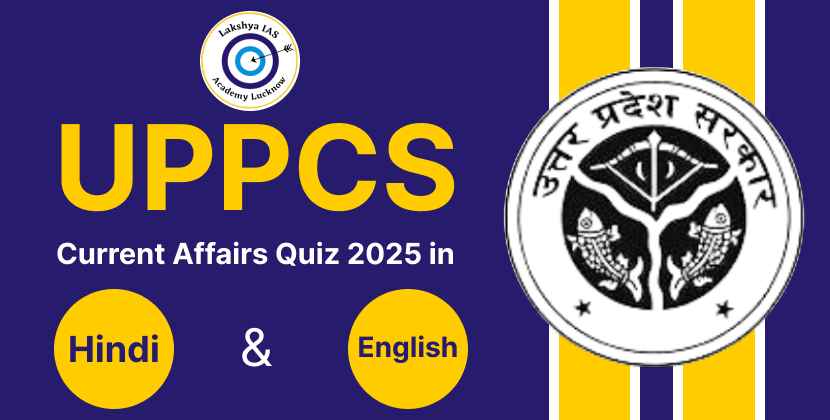
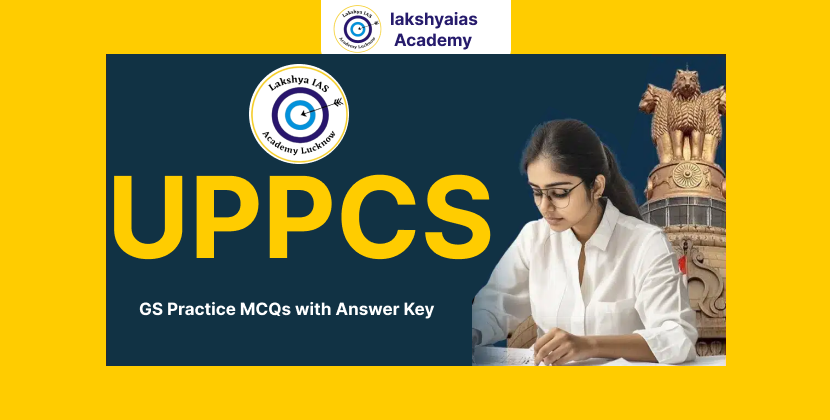
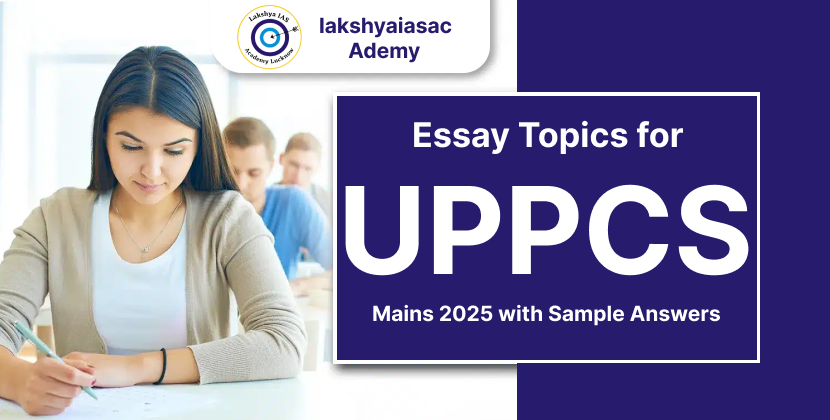
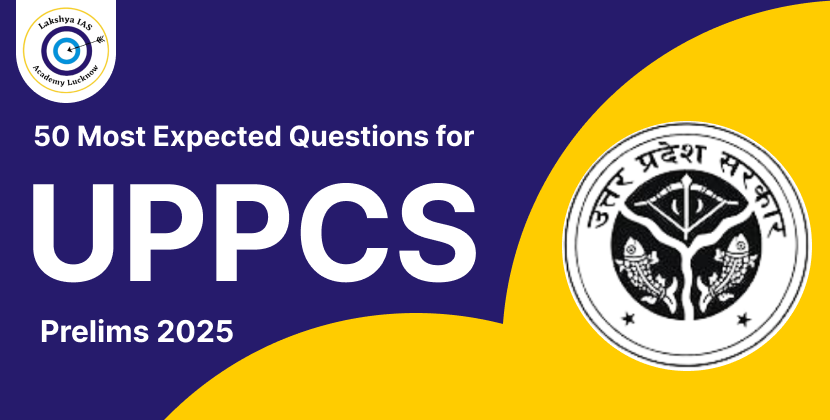
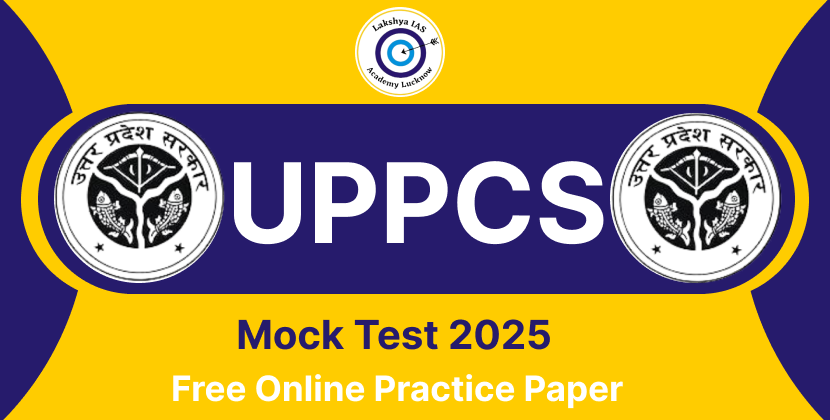
.png)
.png)

.png)
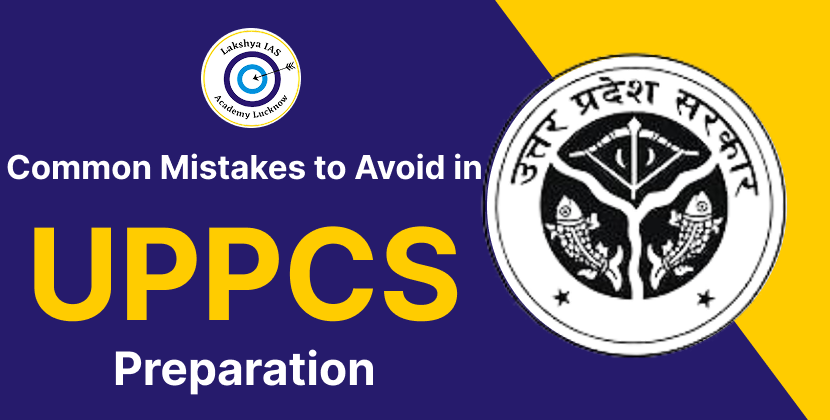
Leave a Comment